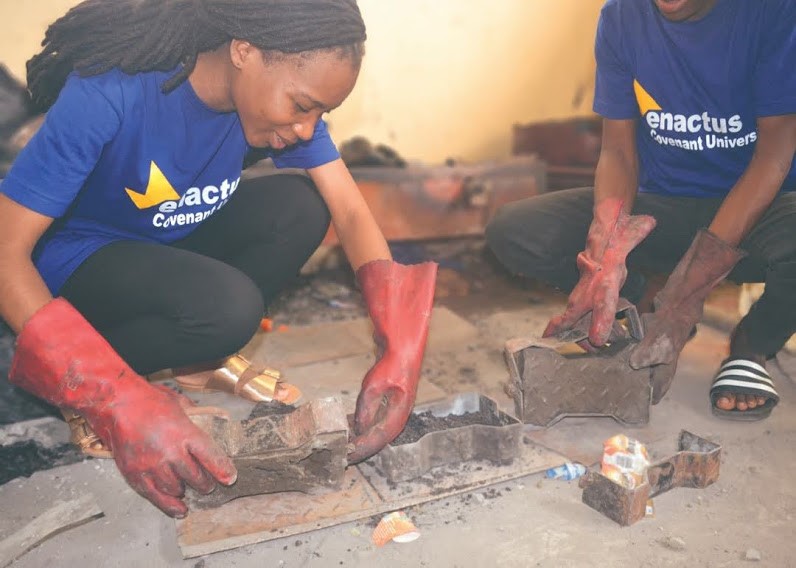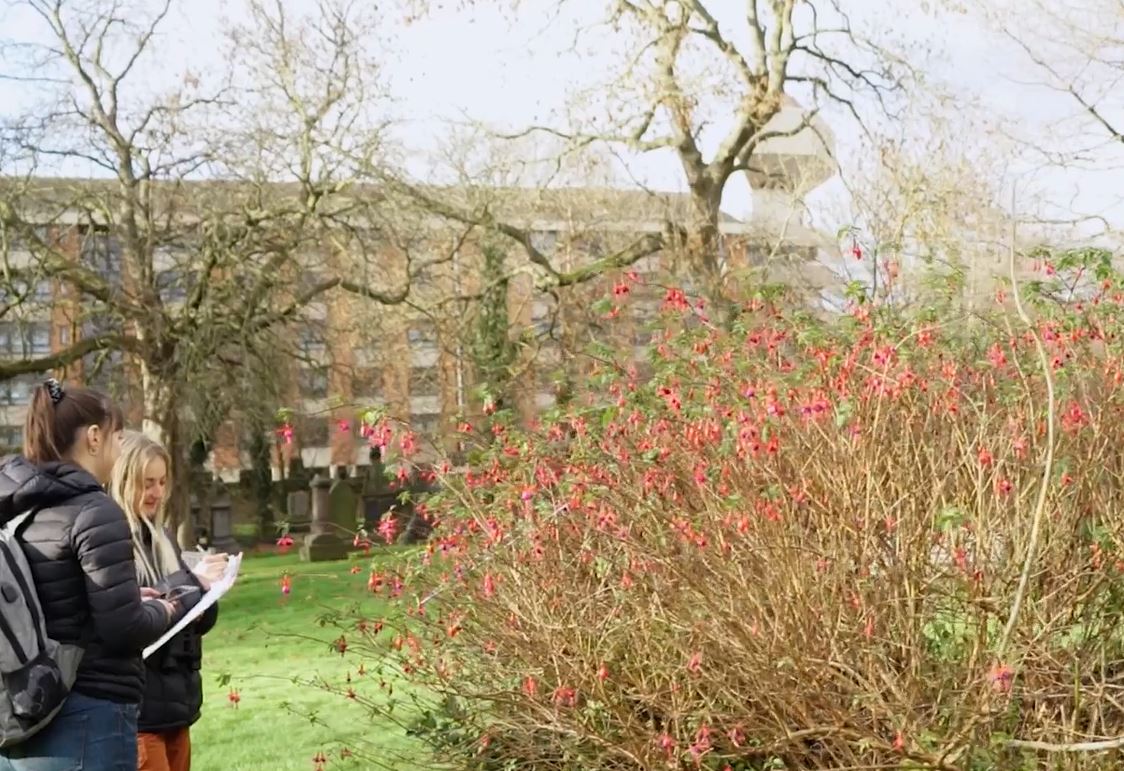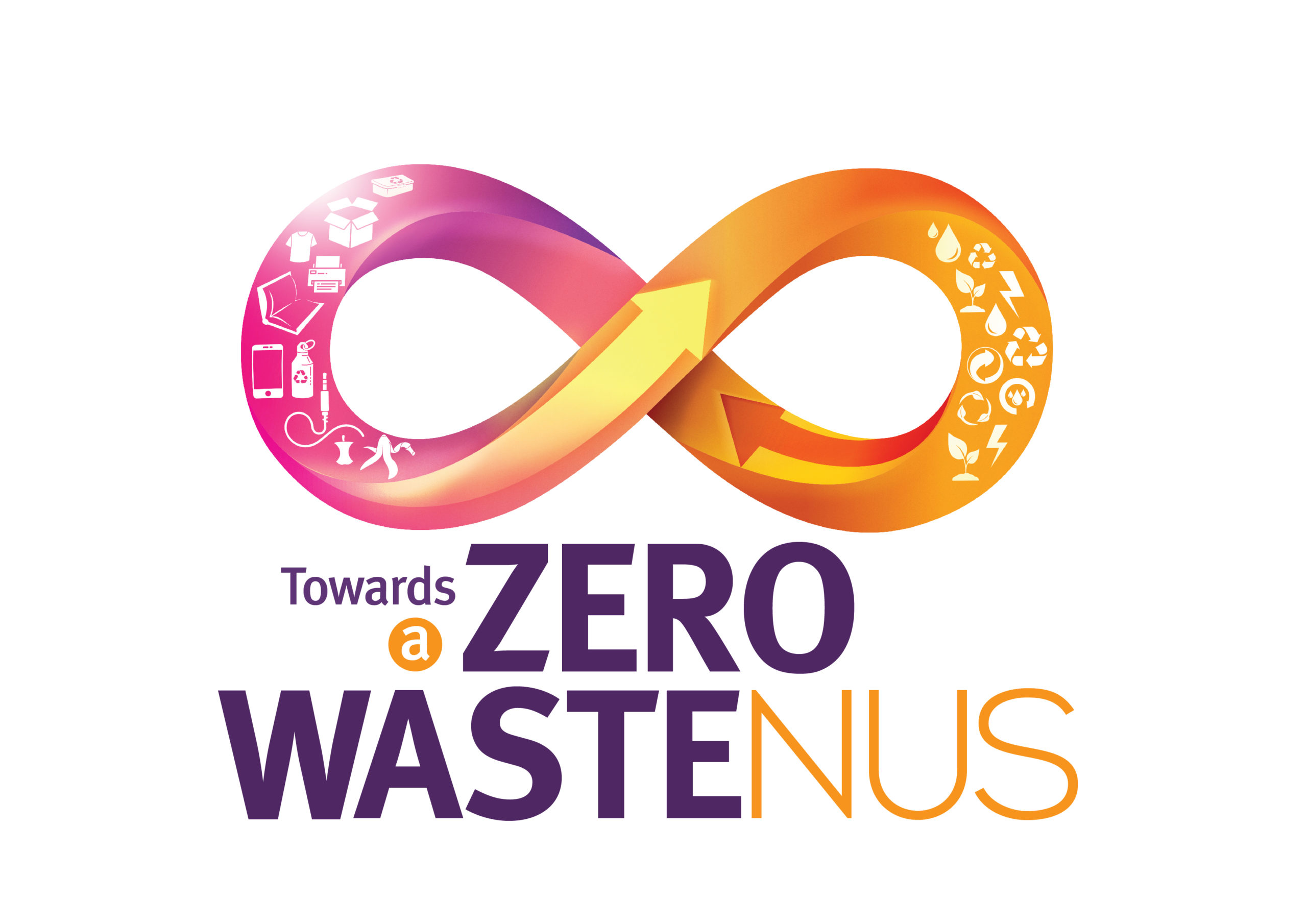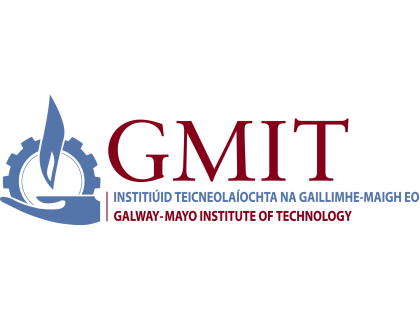Congratulations to the Winners of the ISCN Awards 2021
Watch the ISCN 2021 Awards Ceremony
ISCN 2021 Awards Speakers:
Opening Speech
Heather Henriksen, Managing Director, Harvard Sustainability
Host
David Havelick, Senior Sustainability Manager, Harvard Sustainability
Presentations from ISCN Awards 2020 Winners:
Whole Systems Approach
Covenant University – PET City Bricks
Abiodun Humphrey Adebayo, Vice Chancellor, Covenant University
Partnerships for Progress
University of Leeds – Urban Biodiversity Monitoring Programme
Michael Howroyd, Sustainability Projects Officer, University of Leeds
Accompanied by Student Ambassadors: Holly Smith, Caitlin Harris & Bethany Eaton
Cultural Change for Sustainability
National University of Singapore – Towards Zero-Waste NUS 2030
Loo Deliang, Chairman, Waste Minimisation and Recycling Taskforce, NUS
Accompanied by Tommy Cheong, NUS Alumnus
Honorary Member Award
Galway-Mayo Institute of Technology – Facilitating Sustainability Literacy to Leadership Pathways for Staff & Students
Mark Kelly, Lecturer and Green Campus Chairperson, Galway-Mayo Institute of Technology
Accompanied by Dermot O’Donovan, Head of GMIT Letterfrack
Whole Systems Approach
Covenant University
PET City Bricks
The pet-city project is aimed at reducing the indiscriminate disposal of waste plastics in our environment. It is focused on reducing the amount of plastic waste degrading our environments and transforming these wastes with sand into interlocking bricks that are suitable for road and low-cost house constructions.
We replace the traditional binding agent of bricks, cement with plastics (melted), thereby significantly reducing the cost of paving roads while also reducing the greenhouse gases emitted during cement production, which amounts to 5% of global co2 emissions. Our production process begins with melting plastic at a temperature of 260 degrees Celsius using our pet liquefier machine. Each brick contains 60 melted plastic bottles, which is equivalent to one kilogram of plastic. After they are melted, sand is added at a ratio to improve fire resistance and overall compressive strength. The mixture is heated and stirred for 30 minutes into a composite mix. The melted plastic with sand is then poured into our unique design mould that separates our PET-bricks from others and adds to our product’s overall aesthetic appeal. Our team developed a collection system that has evacuated more than 300,000 plastic bottles from the streets and has also employed low-income individuals in our immediate environment. The collection process involves assigning job cards to registered individuals and organizations with points based on the weight of the waste plastic collected. These points are translated into rewards that motivate them to separate their plastic waste properly. It also involves independent plastic waste suppliers scavenging these bottles around the community and bringing them to our collection and sorting centre.
In addition, to expand our collection system and remove plastic waste from our environment, we have designed a PET (P) mobile. P-mobile is a cargo bike rider, whom residents alert to come to pick up plastic waste in communities as these waste pile up.
However, our moulding machine is undergoing modifications such that the new version of machine would be auto driven and thereafter patented and replicated for use in other higher institutions of learning across Nigeria and beyond. Also, the local brick manufacturers would benefit from our proposed franchise model, which would enable them to make bricks from plastic waste, thereby reducing the use of cement in brick production. Our franchise model, will recycle 50 metric tons of waste polymers weekly over the next two years, we believe.

Partnerships for Progress
University of Leeds
Urban Biodiversity Monitoring Programme
The University of Leeds is a large city campus with 40,000 staff and students with buildings dating back to the early 18th century. Strategically located at the end of a green corridor into the city, the University has a firm strategic sustainability commitment to become exemplars of urban biodiversity and have a net-positive impact on biodiversity.
We wanted to understand how urban landscapes can be used innovatively to find solutions to problems and aid decision making for campus development. We recognised that previously interventions such as introducing bird boxes or wildflower areas demonstrate little understanding of the interactions between species and habitats and how this can translate to managing an urban landscape. Given this knowledge gap, using the University’s unique Living Lab collaboration approach, the Biodiversity monitoring programme was developed.
The Leeds Living Lab drives the University’s commitment to embedding sustainability through knowledge, engagement, collaboration and innovation by bringing staff, students and partners together to research and test innovative sustainable solutions to improve operations, enhancing our curriculum and providing new learning opportunities to tackle local and global challenges, using the campus as a test bed.
An interdisciplinary partnership formed in 2018, comprising academics, estates staff, Sustainability Services and 3 student ‘ambassadors’, with the following aims:
- Co-create and establish three survey transects.
- Recruit and train student volunteers to complete monitoring activities
- Link activities to improved staff and student wellbeing.
- Analyse and report periodically to the University’s biodiversity group to inform campus development plans.
Once baseline pollinator surveys were complete, the scope was widened to include other species. Throughout 2019, this informed campus developments, such as access works on an old cemetery site owned by the University, where data was used to protect and enhance key habitats and through increased staff engagement where regular species reports have provided ongoing insight into progress.
Next, we plan to develop interactive trails and widen the reach of the work to enable visitors to the campus to learn and benefit. In 2020 we have also appointed a paid student intern to lead and coordinate the project, ensuring ongoing engagement and longevity.
The programme has received international recognition as far as University partners in Japan, USA, has been shared at the Club of Rome UN Youth Summit, more locally with other Leeds city institutions and is to be presented at the ISCN conference in 2021.

Cultural Change for Sustainability
National University of Singapore
Towards Zero-Waste NUS 2030
Singapore is a small island city-state of 728 km2 with land constraint. ~80% of the population live in high-rise public housing with rubbish chutes and recycling bins on the ground floor, making it more convenient to dispose waste than to recycle. Households pay a low, monthly flat waste disposal fee (S$8.25/€5.15). Waste is incinerated and then landfilled in an offshore sanitary island, “Semakau Landfill”. While a national recycling programme was introduced in 2001, the efficient waste management infrastructure facilitates easy waste disposal by residents as the default. Hence, the domestic recycling rate has stagnated at ~20% recently and establishing a waste recycling norm remains a national challenge.
Against this national context, NUS embarked on our Zero Waste journey in 2008 organically through a ground-up initiative by NUS’s student environmental group (NUS SAVE), who introduced Singapore’s first 10-cent plastic bag tax across campus in 2010 which reduced plastic bag use by over 70%. The NUS Waste Minimisation & Recycling Taskforce was established with the development of NUS’s Sustainability Strategic Plan 2017 – 2020. Through staff and student partnership, NUS achieved a three-fold increase in recycling rate – from 9% recycling rate (FY 2012) to 30% recycling rate (estimated) in (FY 2020).
In the next leap of our Zero Waste journey to 2030, we envision NUS to establish a waste sorting and reuse social norm, demonstrating leadership to tackle the national challenge. Through the concept of “Zero Waste Precincts” in NUS (e.g. University Town), we will encourage 50,000 staff and students to diligently minimise waste by reusing as much as possible and correctly sort their recyclables. This will contribute to a doubling of the campus recycling rate to 60% by 2025. By 2030, we aim to achieve a 90% diversion rate. This vision fulfils NUS’s role in public service to shape our students’ hearts and minds to be future professionals and champions of sustainability.
The Precincts will demonstrate the feasibility of achieving high recycling and diversion rates in the near term. They will be living labs where campus infrastructure are testbeds for rapid prototyping of zero-waste solutions, in collaboration with corporate partners for eventual scale-up in Singapore.
NUS launched the “Towards a Zero-Waste NUS 2030 Action Plan” in August 2020 with Dr Amy Khor, Senior Minister of State for Sustainability & Environment and the “Zero Waste Testbed Initiative” in January 2021 with Ms Grace Fu, Minister for Sustainability & Environment.

Honorary Member Award
Galway-Mayo Institute of Technology
Facilitating Sustainability Literacy to Leadership Pathways for Staff and Students
The Galway-Mayo Institute of Technology is a multi-campus higher education institute in the West of Ireland with approximately 6,500 students and nearly 800 academic staff. We have been actively involved in the national Green Campus programme since its inception back in 2010 with the GMIT Mayo Campus becoming the first Institute of Technology to be awarded a Green Flag in 2011. The aim of this project is facilitating learning pathways for both students and staff to transition from sustainability literacy to sustainability leadership through lens of the Sustainable Development Goals (SDGs). Phase 1 consists of:
A SDG Leaders initiative, where 5 SDG Leaders (1 per campus) and 2 SDG Mentors undertake a SDGs curriculum mapping exercise, which will inform an institutional programme review commencing in September 2021.
The transition of our Level 9 10-credit Education for Sustainability module to a fully online format to facilitate wider engagement across the higher education sector in Ireland.
The establishment of a GMIT Sustainability Hub on the staff and student internal Share-Drive to provide a one-stop-shop for all things related to sustainability.
This work directly informs Phase 2 of the project, which consists of the following:
Both staff and students will complete an ‘Introduction to Sustainability and the SDGs’ micro-course followed up with Sustainability Literacy workshops. Initially, this will be targeted at all first-year students and new staff entering GMIT in September 2021 as part of their induction programmes. After completion, participants will progress to Phase 2.
Staff and students (in collaboration) will be invited to submit for funding under a Green Action Fund, where micro-grants of €1,000 will be distributed to selected projects across the five campuses. Multi-disciplinary collaboration is strongly recommended with each project group assigned a Green Action Mentor for support. Each project team will have to present their results and findings at an end-of-year symposium where they will be awarded a Sustainability Champion Digital Badge. Participants can then progress on to Phase 3.
Staff who complete the Education for Sustainability module and participate in the Sustainability Leaders Train-the-Trainer workshops will be eligible to apply for a Sustainability Leader Digital Badge. Students who complete the Level 8 5-credit Civic Engagement elective module and participate in the Sustainability Leaders Train-the-Trainer workshops will be eligible to apply for a Sustainability Leader Digital Badge. Both staff and student Sustainability Leaders will be then invited to become part of the facilitation team in subsequent years.

ISCN Awards Jury 2021
The ISCN Award Jury 2021 was comprised of 2020 ISCN Award winners, selected ISCN members to ensure representation of the ISCN’s global membership, and an external international expert.
A warm thanks to our ISCN Awards 2021 jury members who were:
Winners from 2020 –
- Whole Systems Approach: Kristina Von Oelrich, KTH (Europe)
- Partnerships for Progress: Kati Koikkalainen, LUT University (Europe)
- Cultural Change for Sustainability: Prinya Thaewanarumitkul, Thammasat University (Asia)
ISCN Member Jurors –
- Shana Weber, Princeton University (North America)
- Alexandra Aguilar, UNAM Mexico (South America)
- Nadeem Gafieldien, Stellenbosch University (Africa)
External Expert Juror –
- Eric Howard, Director of Strategic Partnerships at Second Nature (North America)